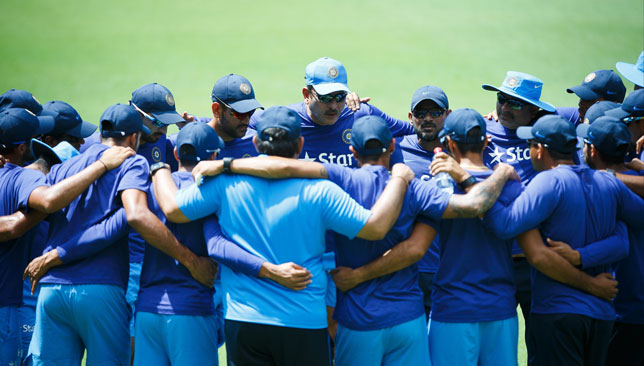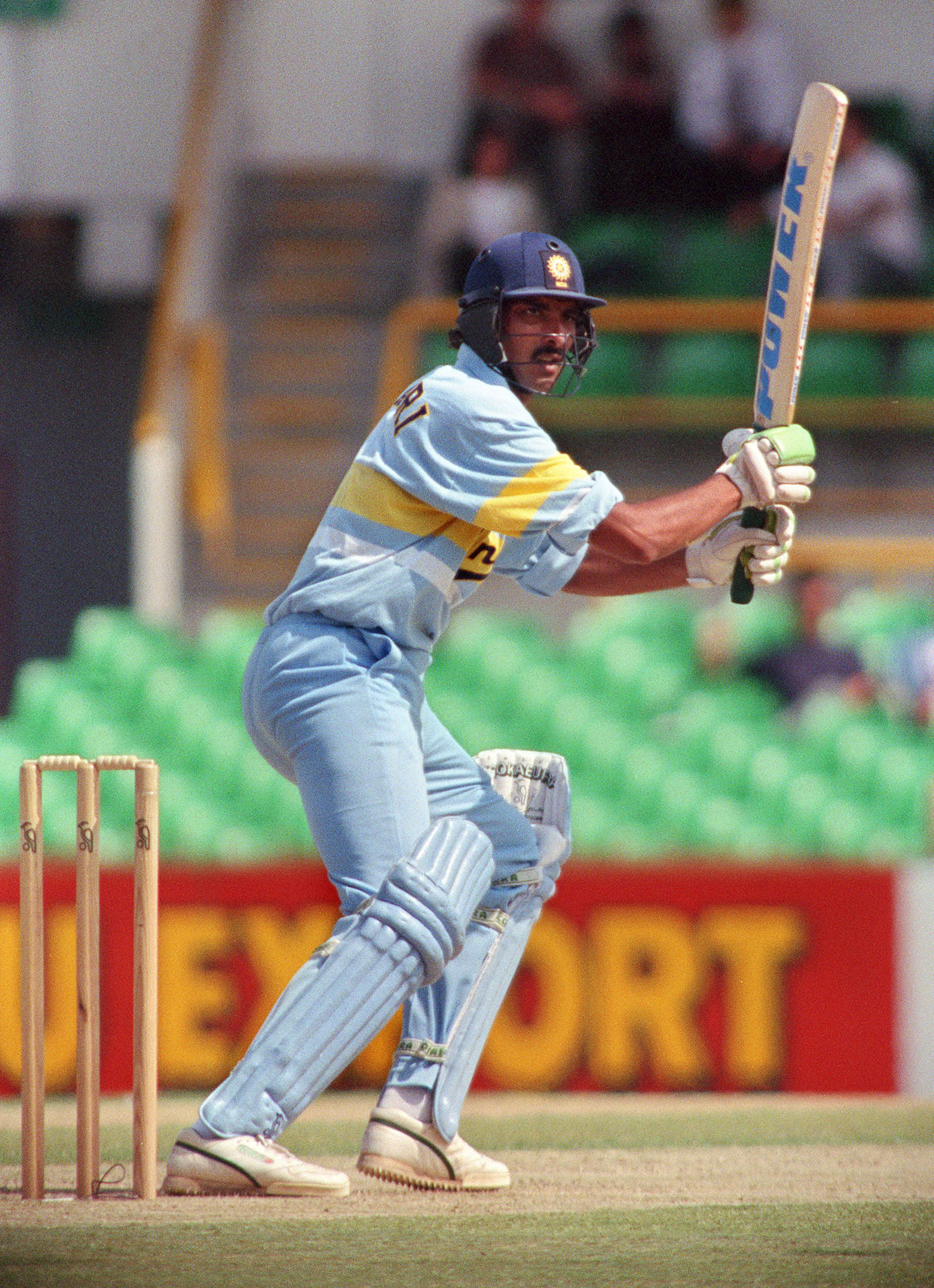
“A 3-2 verdict would have been a fairer outcome in the ODi series,” Ravi Shastri tells me over the telephone on the eve of the first T20I match against Australia. “With a little luck, that scoreline could even have been in our favour.”
I argue with him that the scoreline could in fact have been a reverse and India the side that came away with a 4-1 win, not the Aussies. Surely, a team that scores in excess of 300 runs consistently should win more matches than they lose. And India were well placed to win each match only to squander their advantage.
“That’s true,” says Shastri, “but matches are won on how players respond in crux situations, not on theory. You know how uncertain this is and let’s not forget that Australia are world champions.
“Beating them in their own backyard is a huge challenge for any side. Our players did well, but not well enough to win. That’s great learning, especially for the youngsters. The next time we are here, the result could be different.”
It’s this eternal sense of optimism that endears Shastri to the current Indian team. As team director he seems to have won the respect and confidence of most (if not all) of the players.
Having known him from his under-19 days, I’ve rarely seen Shastri unduly fazed by defeat: certainly distraught at times, but never remorseful. The chutzpah is irrepressible. The bounce back from a setback is just one game away.
Some evidence of this was visible in the first T20 that India won handsomely, by 37 runs. So emphatic was the victory in fact, it left a lot of onlookers surprised India were so vulnerable in the preceding ODIs.
Not that you can compare ODIs with T20s, that would be silly. The shortest format is the least predictable, in fact a virtual lottery. And let’s not forget that the T20 series is only a game old; it has certainly not been won yet.
Yet, unless the mindset in the dressing room is positive, it is extremely difficult for a side that has lost by a wide margin to recover so swiftly. That the Indian players, far from being demoralised, seem revitalised, is a terrific sign.
“You can’t brood too long in the contemporary game,” says Shastri. “In fact you shouldn’t brood at all. The itinerary these days is packed and the next match is always an opportunity for those who seek it.”
At the highest level, sport can be excruciatingly demanding with such little margin for error that players and coaches lead immensely tense lives. A team director or coach with a gung-ho spirit – who can reduce the temperature in the dressing room while increasing the tempo on the pitch – is a godsend.
This does not mean Shastri suffers mediocrity gladly.
“I am willing to accept mind if an individual or team is defeated after giving it 100 per cent. But I mind it very much when a player is reluctant to give off his best even if the team wins,” he adds.

“Players with that kind of attitude must quickly make way for somebody else. Great teams are made up for players who value their own and the team’s ambitions and play to potential consistently.”
That is the biggest challenge ahead for Shastri over the coming months. He has talked often of the potential and talent in Indian cricket. Can he deliver a great Indian team in his tenure? If he doesn’t, he will almost certainly feel like he didn’t do his job thoroughly enough.
Shastri’s track record since he moved into a full-time role as team director on the last tour of Australia has oscillated between both the brilliant and the very modest. In 2015-16, India lost the four-Test series 0-2.
This was not just an improvement on the 2011-12 tour when the scoreline read 0-4, but it could well have been 2-1 had the team held its nerve in crucial moments. The ODI tri-series on that tour however was a disaster.
That roused the sceptics into pre-emptive debunking of the team, but there was a swift turnaround at the World Cup where India reached the semi-final at a gallop before running into the eventual champions.
@cricketwallah True... If Aus beat NZ in the forthcoming Test series, then Aus will be #1
— Mohandas Menon (@mohanstatsman) January 26, 2016In the period since, India’s performances in Tests has sky rocketed with series wins over Sri Lanka and South Africa, but they’ve been iffy at best in limited overs cricket despite their apparent expertise.
Three of their last four four series – against Bangladesh, South Africa and now Australia – have been lost. Shastri is at pains to explain that each of these series could have been won with greater application and a little luck.
But therein lies the rub. Going by his own belief system, a good team makes its own luck, and a great team does it so consistently that luck simply ceases to matter. Winning becomes a habit, a culture that defines the changing room.
Shastri would be the first to agree that India are far from having made winning a habit. Some accolades, like becoming the number one Test team in the world last week, have been borne out of good fortune rather than design.
There is a shift in momentum that Shastri strives for: when the team has not only the wherewithal, but the self-belief to win consistently. Unless it is renewed, his term at the helm finishes after the World Twenty20 on home soil in April.
If he can instil in the players the desire and attributes necessary to forge a team capable of lifting the trophy come the final in Kolkata, Shastri will have left leave behind a legacy as a coach befitting that of his one as a player.